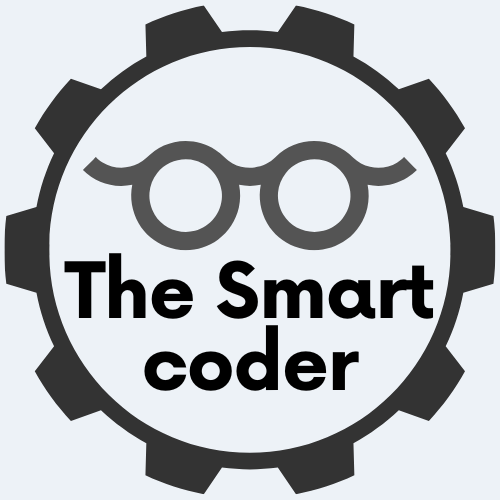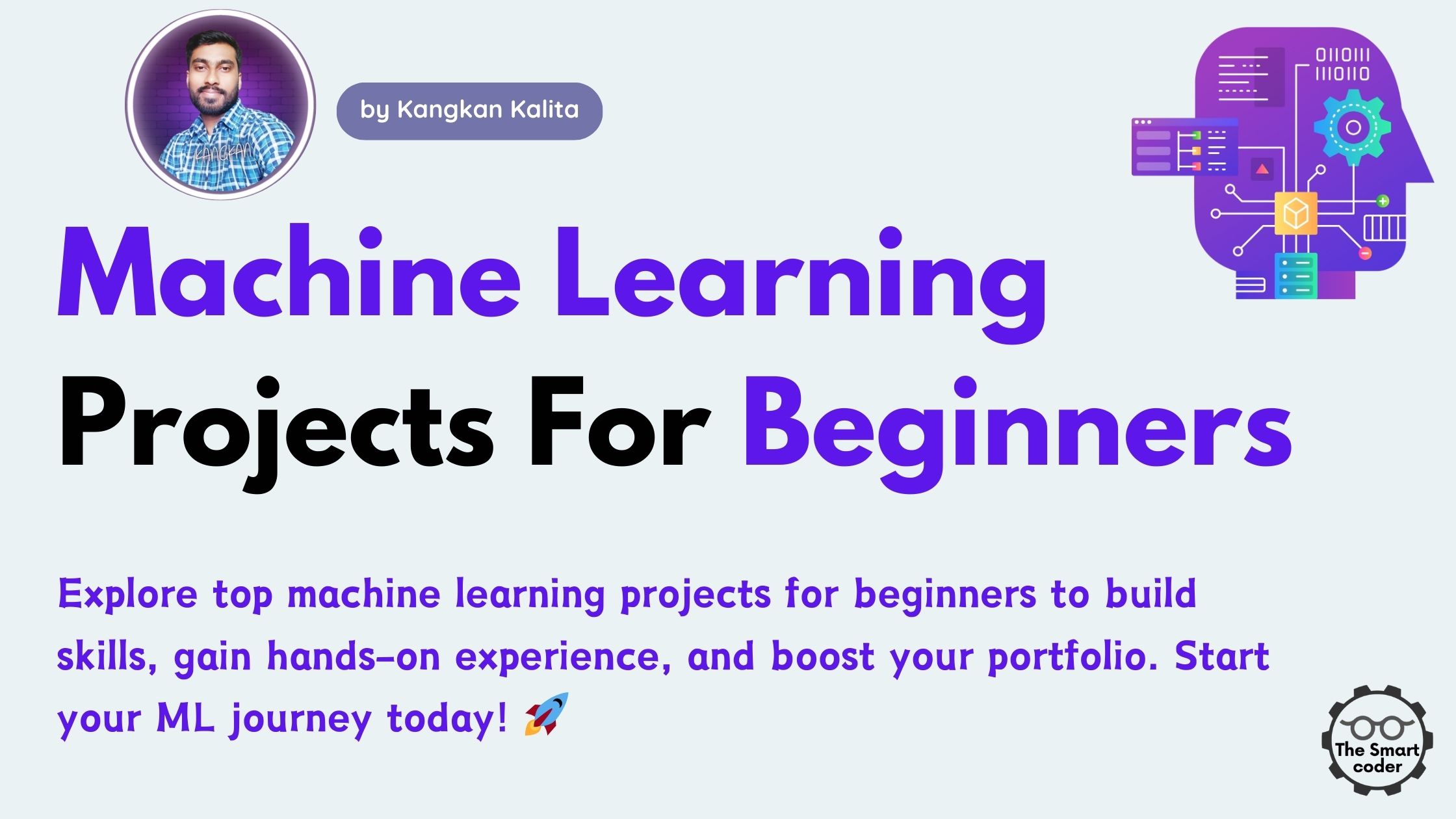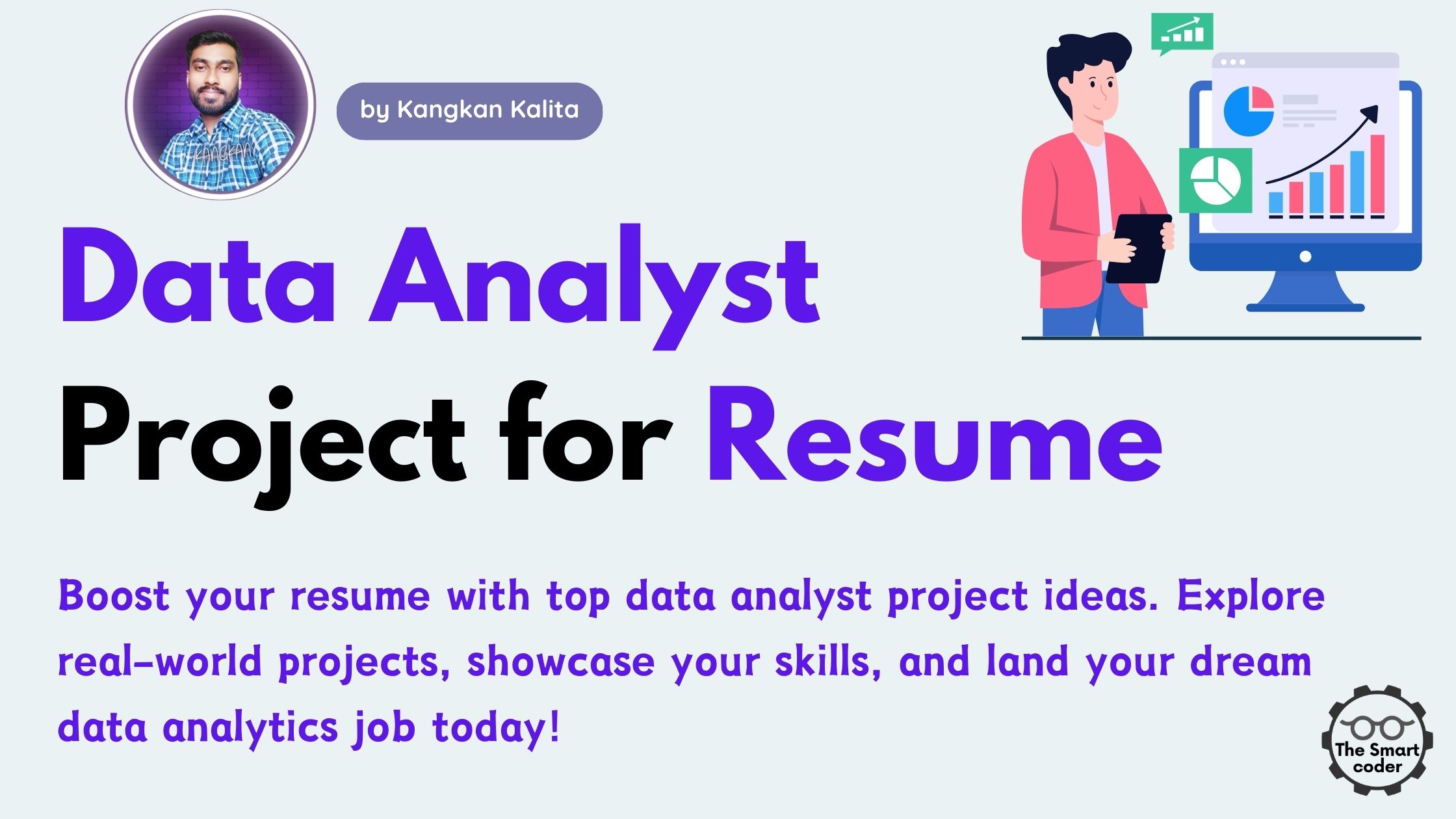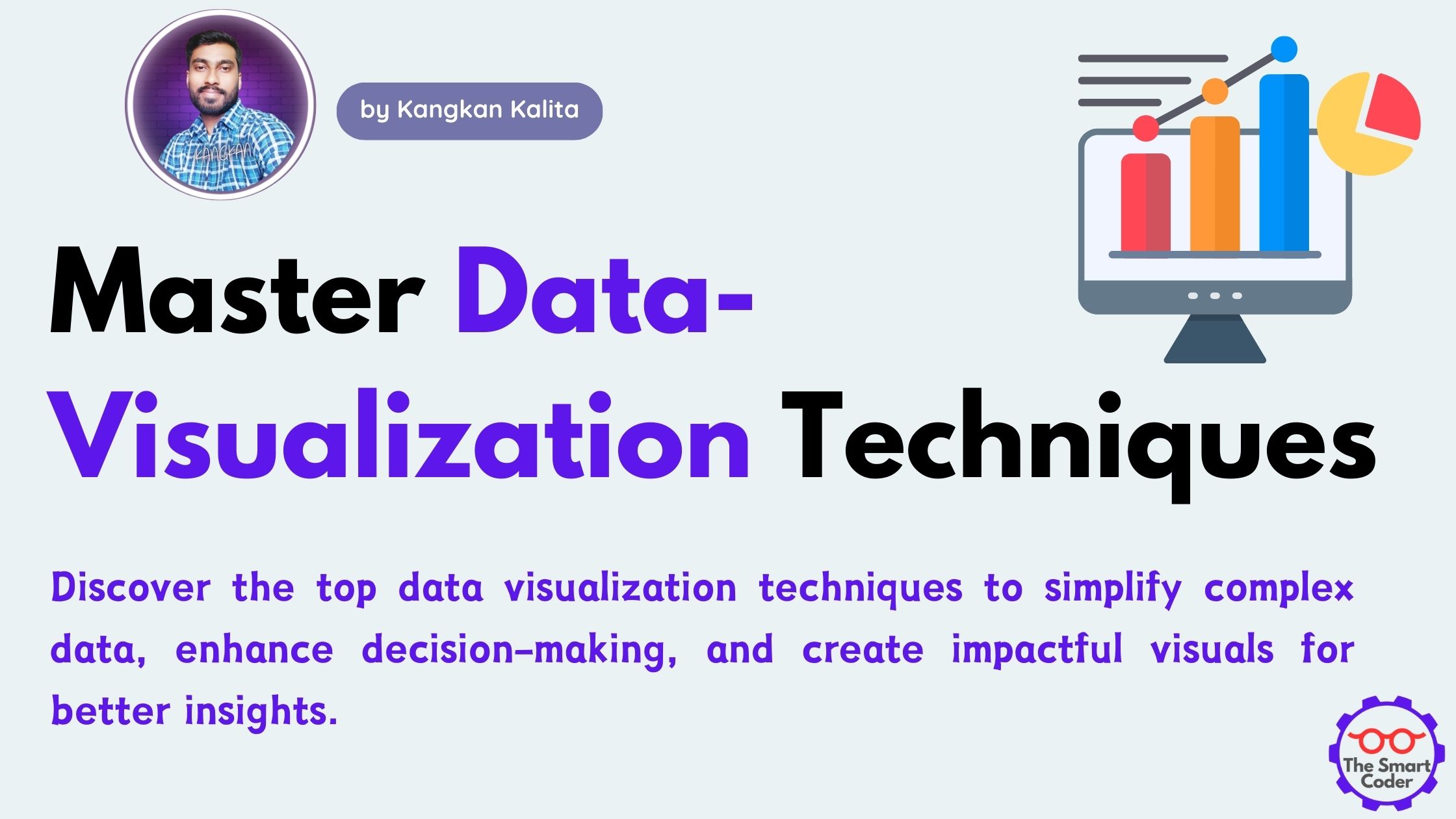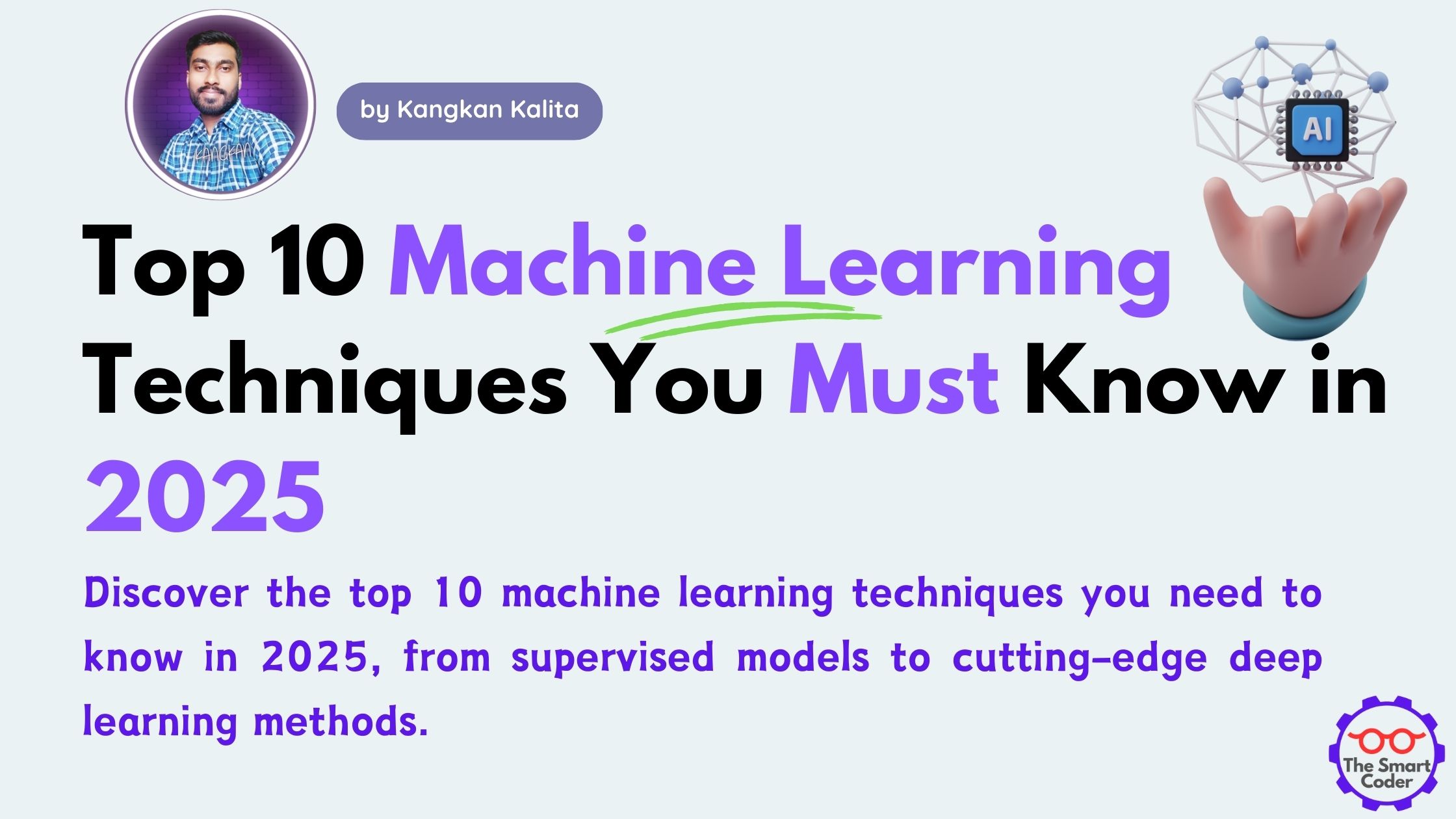Top Skills for Data Analyst in 2025

The demand for data analysts is skyrocketing as businesses rely more on data-driven decision-making. With new technologies and evolving industry trends, the skillset required for data analysts is constantly changing. If you aspire to become a data analyst in 2025 or want to stay ahead in your career, mastering the top skills for data analyst roles is crucial.
This article explores the key skills that will set you apart as a data analyst in 2025. From technical expertise to soft skills, we’ll cover everything you need to succeed in this ever-evolving field.
1. Proficiency in Programming Languages (Python & SQL)
Why It’s Essential
Python and SQL remain the backbone of data analysis. Python is widely used for data manipulation, statistical analysis, and machine learning, while SQL is essential for querying databases.
How to Master It
- Learn Python libraries such as Pandas, NumPy, and Matplotlib for data analysis.
- Understand SQL queries, joins, and indexing to retrieve and manipulate structured data.
- Work on real-world datasets and practice data cleaning, visualization, and analysis.
2. Data Visualization and Storytelling
Why It’s Essential
Data analysts don’t just analyze numbers—they tell stories with data. Effective visualization helps stakeholders understand complex data insights.
How to Master It
- Learn visualization tools like Tableau, Power BI, and Matplotlib.
- Focus on creating clear and compelling dashboards.
- Practice turning data insights into actionable business recommendations.
3. Statistical and Analytical Thinking
Why It’s Essential
Understanding statistics helps analysts interpret data correctly, identify patterns, and make data-driven decisions.
How to Master It
- Study concepts like hypothesis testing, probability, regression analysis, and A/B testing.
- Learn how to apply statistical methods to real-world business problems.
- Use Python’s Statsmodels and SciPy libraries for statistical analysis.
4. Machine Learning Basics
Why It’s Essential
While data analysts are not data scientists, a foundational understanding of machine learning (ML) can set you apart in the job market.
How to Master It
- Learn supervised and unsupervised learning techniques.
- Explore ML algorithms such as linear regression, decision trees, and clustering.
- Use Python’s Scikit-learn to experiment with ML models on datasets.
5. Data Wrangling and Cleaning
Why It’s Essential
Real-world data is messy, making data cleaning a crucial skill for analysts. Cleaning and structuring data improves the accuracy of insights.
How to Master It
- Practice using Python (Pandas) and SQL to clean messy datasets.
- Learn techniques to handle missing values, remove duplicates, and normalize data.
- Work with dirty datasets from sources like Kaggle to build hands-on experience.
6. Business Acumen
Why It’s Essential
A great data analyst understands the business context of the data. This helps in providing insights that align with company goals.
How to Master It
- Study industry trends and business models related to the field you want to work in.
- Learn how different departments (marketing, finance, operations) use data for decision-making.
- Read business case studies to understand real-world data applications.
7. Cloud Computing and Big Data Technologies
Why It’s Essential
Companies are increasingly using cloud-based solutions for data storage and analysis. Familiarity with cloud platforms is becoming a must-have skill.
How to Master It
- Learn cloud-based data tools such as Google BigQuery, AWS Redshift, and Azure Data Lake.
- Understand how to query and analyze big data stored in the cloud.
- Gain experience with distributed computing frameworks like Spark.
8. Communication and Collaboration Skills
Why It’s Essential
As a data analyst, you’ll often present insights to non-technical stakeholders. Strong communication skills ensure your findings drive action.
How to Master It
- Practice explaining technical concepts in simple terms.
- Work on improving your reporting and presentation skills.
- Collaborate with cross-functional teams to understand their data needs.
9. Understanding of Data Ethics and Privacy
Why It’s Essential
With increasing data regulations like GDPR and CCPA, analysts need to understand data privacy laws and ethical considerations.
How to Master It
- Learn about data privacy policies and best practices.
- Understand ethical concerns in data collection and usage.
- Follow compliance guidelines when handling sensitive data.
10. Problem-Solving and Critical Thinking
Why It’s Essential
Data analysts need to be proactive problem-solvers, capable of identifying trends, patterns, and anomalies in data.
How to Master It
- Work on real-world projects that require data-driven decision-making.
- Develop logical thinking by solving data puzzles and case studies.
- Stay curious and continuously seek ways to optimize data processes.
Summary
The top skills for data analyst roles in 2025 go beyond technical expertise. While Python, SQL, and data visualization remain foundational, emerging trends like cloud computing and data ethics are gaining importance. Additionally, soft skills like communication, problem-solving, and business acumen will be essential in making data-driven decisions.
By mastering these skills, you can build a strong career in data analytics and stay ahead of the competition. Start learning today and future-proof your career!
What skills do you think will be most important for data analysts in 2025? Share your thoughts in the comments below! 🚀
Latest Posts:
- SQL for beginners : A Complete Guide
- Predictive Analytics Techniques: A Beginner’s Guide to Turning Data into Future Insights
- Top 10 Data Analysis Techniques for Beginners [2025 Guide to Get Started Fast]
- How to Build a Powerful Data Scientist Portfolio as a Beginner [Step-by-Step 2025 Guide]
- Hypothesis Testing in Machine Learning Using Python: A Complete Beginner’s Guide [2025]
